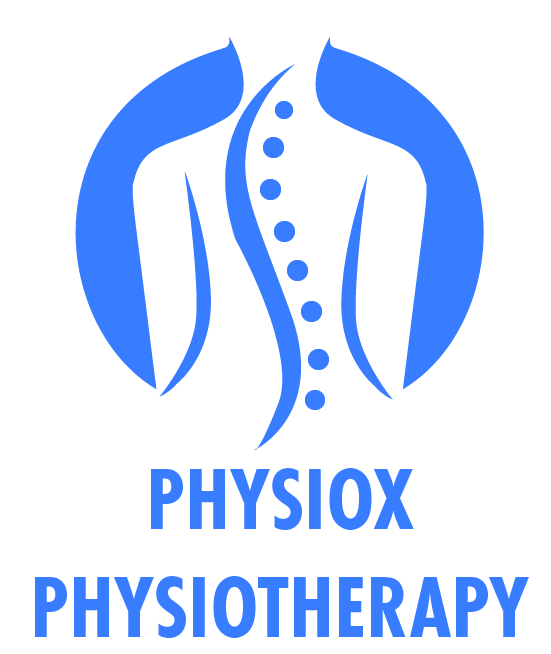Sports Injuries
The most common sports injuries are:
- Sprains and strains.
- Knee injuries.
- Swollen muscles.
- Achilles tendon injuries.
- Pain along the shin bone.
- Rotator cuff injuries.
- Fractures (broken bones)
- Dislocations.
BENEFITS OF SPORTS PHYSIOTHERAPY
1. HELPS CORRECT AND IMPROVE TECHNIQUE
Whether you participate in crossfit, weight lifting, hurdles, swimming, soccer or any other sport, we can help you with your technique.
Having a good technique can help you go faster, jump higher and lift heavier loads, all while also preventing injury.
Technique is also one of those things that’s hard to evaluate for yourself, as looking in a mirror can’t show you all of the angles and even watching a video may not be able to show those tiny adjustments that need to be made.
2. SPECIFIC TRAINING FOR YOU
As sports physiotherapists, we look at you as an individual with unique characteristics.
We do a full assessment of your biomechanics, your technique, strength, range of motion, coordination, balance and proprioception. This helps us identify exactly how we can help you reach your maximum potential.
For example, you or your coach may not notice that you have decreased ankle proprioception which could be impacting your performance, but we will know after our assessment. Then we will give you specific exercises to help improve your proprioception.
3. RECOVERY
We’ve all been there – it’s peak season, it feels like you’re training more than you sleep, and your body is exhausted, achy and stiff. You can barely get into your car or lift your coffee mug.
Sports physiotherapy can help you with general recovery even in the absence of injury. This includes soft tissue release, taping, manipulation techniques and exercises to help maintain mobility and decrease stiffness.
This will also help you stay fresh for all that training and help prevent any injuries.
4. INJURY PREVENTION
A sports physiotherapist has the skill set to evaluate and assess the specific sport you’re doing, including the intensity, frequency and environment of your training sessions. This helps us identify various injury risks.
From this evaluation, we can provide you with exercises to combat those risks in order to prevent injury from occurring.
This includes a tailored warm-up routine that will help prepare you for the session, and a cool-down routine to help your body recover.
5. ACUTE/ON-SITE TREATMENT
Sports physiotherapists are qualified to assess and treat acute injuries and are often present during matches, competitions and training sessions.
This ensures that if any injury occurs during a practice session or competition, we are right there and can start giving advice and managing the injury from the very beginning.
Acute on-site treatment is extremely important, as how you handle the injury in those initial moments after it happening are crucial and can either hinder your healing process, or it could help your recovery in the long run.
6. REHABILITATION
Athletes and sports people in general are never a fan of the word “rehab”, but many of our clients have enjoyed their rehab and have come out stronger on the other side.
Then we plan out a structured rehabilitation programme that not only focuses on healing your injury, but also on maintaining your fitness as much as possible and addressing any weak spots in your movements that could have contributed to your injury (strength, balance, stabilisation, proprioception etc.).
We make use of many techniques including joint manipulations, soft tissue release, myofascial release and many more.
7. RETURN TO PLAY AND MAINTENANCE
A big part of the rehabilitation programme will be assessing you for return to play. These are assessments that we do to check if you would be ready to go back onto the field and compete, get back into the pool to race or return to the gym for that powerlifting competition.
We test your speed, agility, cutting maneuvers, balance, proprioception, strength, technique and anything else that you would need to get back out there.
